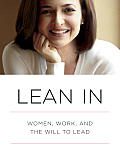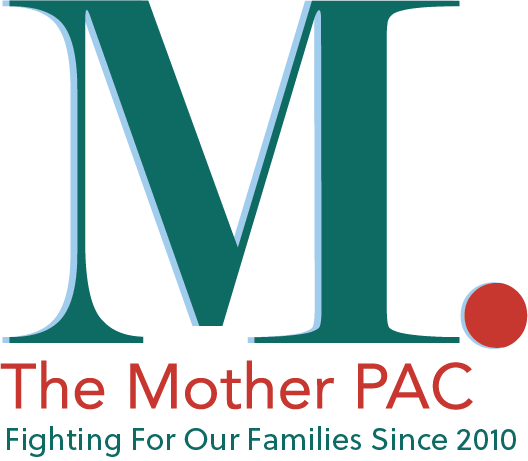 Like many women who follow women’s issues and the increasingly common national work-family policy discussions, we’ve been following the conversation about Sheryl Sandberg’s new book, “Lean In,” and the firestorm of reactions she and it are generating. Of all the feedback we’ve seen, we like these the best:
Like many women who follow women’s issues and the increasingly common national work-family policy discussions, we’ve been following the conversation about Sheryl Sandberg’s new book, “Lean In,” and the firestorm of reactions she and it are generating. Of all the feedback we’ve seen, we like these the best:
The Atlantic. Many Working Class Women Already Are Leaning In, by Ellen Bravo, a trailblazer in the work-family movement and founder of Family Values @ Work, shares her thoughts about how women already are leaning in — together — and accomplishing a lot. As we are.
New York Times Book Review. Yes, You Can. Sheryl Sandberg’s Lean In, by Anne-Marie Slaughter, whom you may recall wrote the amazingly well-read Atlantic article last summer, Why Women Still Can’t have It All. Slaughter questions the pat answer that if only women were as aggressive as men, we’d be right there in the corner offices with them. And she ends with a question that strikes a cord with us, since we regularly fight the too-accepted notion that the barriers women and mothers face are personal, ours alone to overcome. “As a feminist and a corporate leader, Sandberg seems ideally placed to ask the question that all too often gets lost amid the welter of talk about what women should do, what they should want and how they should behave. When it comes to ensuring that caregivers still have paths to the corner office, how can business lean in?”
Your Woman in Washington. In her blog post, Sheryl Sandberg’s Most Important Words, Valerie Young raises a whole other part of this conversation about where we lean in and how we define success. Yes, we want more women and mothers in positions of power — absolutely — but we also want real support for the caregivers among us, who lean in a whole lot, but don’t have much at all to lean on: “If family caregiving is ever to receive the same respect, dignity, and status as making a killing in the tech world, it’s going to be because we finally admit the economic and social value of what caregivers do at home. We would protect them from economic dependency and promote their well-being in our public policies.”



